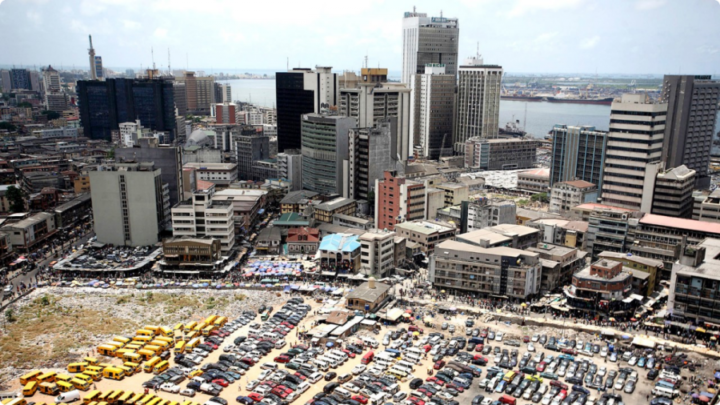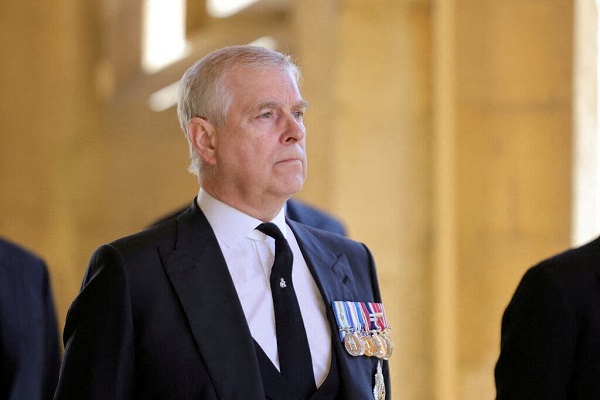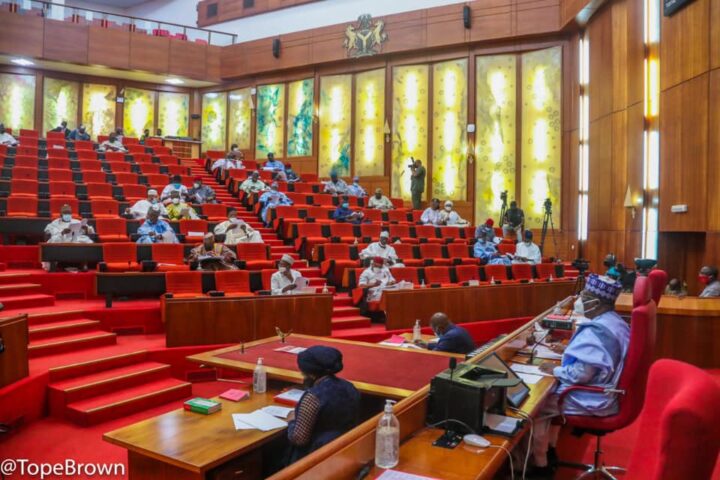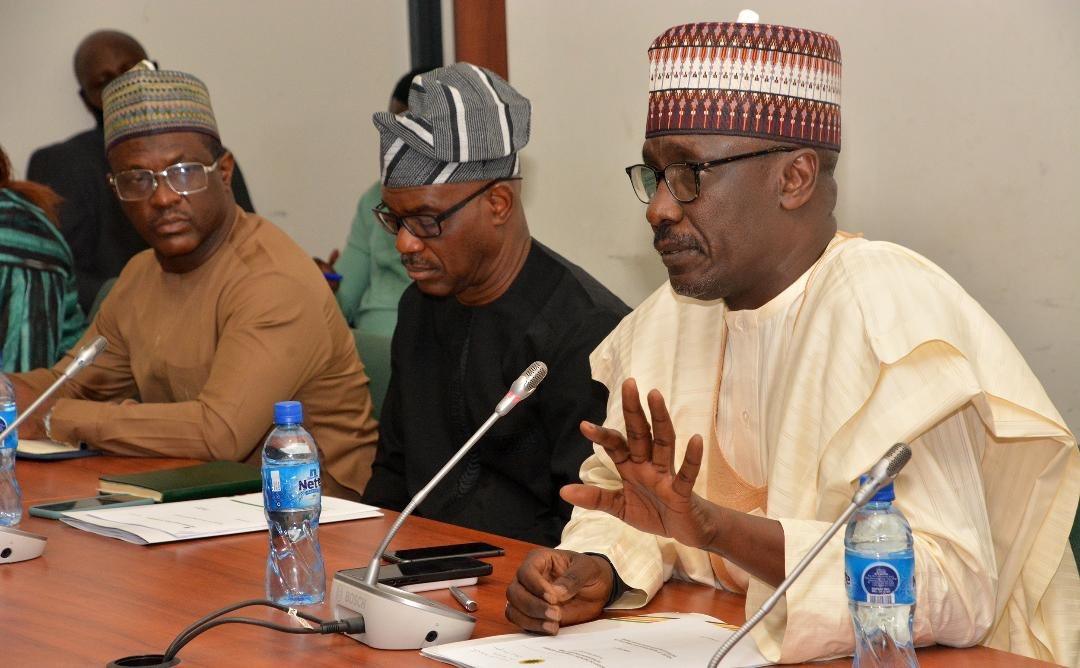Over the weekend, Goldman Sachs, an American multinational investment bank and financial services, projected that the US government will hike interest rates by seven times in 2022 in a bid to tame inflation.
The latest report is up from the previous forecast of five hikes this year.
The company’s analysts led by economist Jan Hatzius issued the prediction in a report on February 11, 2022, following the release of US data which showed that inflation continues to rise.
The country’s consumer price index (CPI) for January 2022 showed a 7.5 percent year-on-year increase — the largest in 40 years.
Advertisement
Goldman Sachs said it expects the fed to hike its main rate from its current, near-zero figure to 1.85 percent after the central bank’s leadership meets for the final time this year in December.
The January employment report also showed high wage growth, the bank noted in a tweet, adding that financial conditions are loose, suggesting more tightening will be needed if the Fed aims to slow the economy to contain price increases.
The researchers said the Fed would issue incremental hikes by 25 basis points (bps) in seven consecutive meetings.
Advertisement
“Our economists now expect the Fed to raise rates by 25 bps at each of their remaining policy meetings this year. They forecast the central bank will start reducing its balance sheet in June,” the investment bank said in a tweet.
In banking, a basis point, the smallest unit of measurement for interest rate equals one-hundredth of 1 percent.
US RATE HIKE WILL NOT AFFECT NIGERIA — MPC
Last month, the Central Bank of Nigeria (CBN) voted to keep the country’s benchmark interest rate at 11.5 percent.
Advertisement
Godwin Emefiele, CBN governor, said the monetary policy committee (MPC) voted to retain lending parameters to support economic growth recovery.
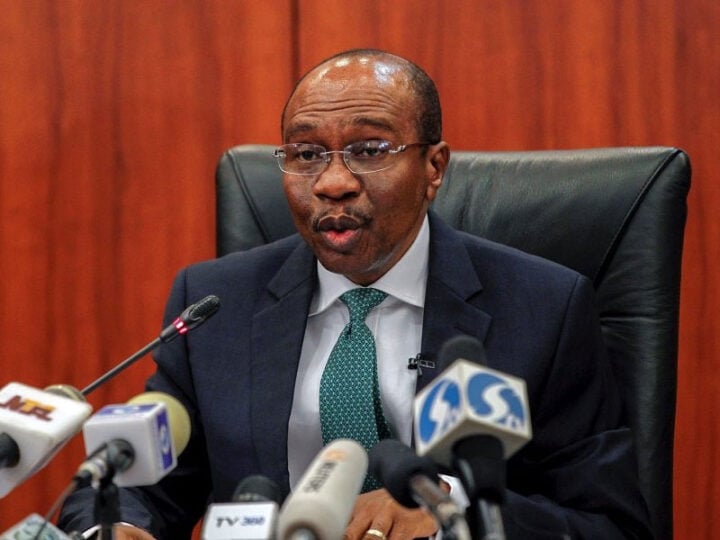
Emefiele explained that advanced economies are only raising interest rates because they are facing a significant surge in inflationary pressure, whilst Nigeria has been witnessing moderations except for December 2021, which he said was temporary.
“Flows from the advanced economy did not move into the Nigerian economy, fortunately during the period of stimulus release by world central banks, we witnessed a reversal in our portfolio investments as they feel our yields are not as desirable,” Emefiele had said.
Advertisement
COST OF DEBT SERVICE WILL INCREASE — EXPERTS
But analysts who spoke to TheCable forecasted a significant impact on the Nigerian economy if the hike takes effect in the US.
Advertisement
Johnson Chukwu, chief executive officer, Cowry Asset Management, said the investments would flow from third world economies back to advance economies because investing in the US markets will give investors higher yields and, at the same time, lower risks.
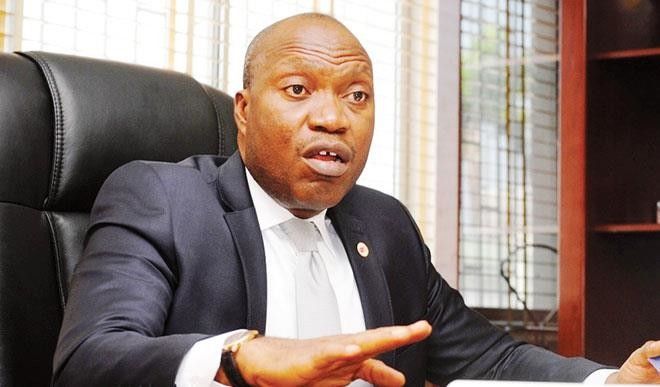
Advertisement
According to Chukwu, third world countries like Nigeria should expect a further slowdown in foreign portfolio investment as investors move to more advanced economies that are safer.
“It also means that if Nigeria wants to access funds in the Eurobond market, we should be ready to pay higher interest rates which will compound our cost of borrowing and our debt service,” he said.
Advertisement
“So, in effect, there is going to be a scarcity of foreign portfolio investment (FPI) inflow into emerging economies including Nigeria if the US starts interest rates normalisation as is expected in view of the high inflation rate.”
In 2020, the federal government spent 97 percent of its revenue on debt servicing.
He added that the US dollar will strengthen against most global currencies, noting that naira may not be an exception.
Chukwu, however, said that a lot of factors affect naira’s exchange rate because it is still a largely managed currency, hence, “it does not necessarily follow that once the dollar strengthens against other exchanging currencies, naira would weaken”.
“If our foreign exchange earnings, crude oil production improve, and compensates for the shortfall expected from the foreign portfolio investment, you may find out that the naira may not so much change in value,” Chukwu added.
Another policy expert told TheCable that one of the first things have will happen is that Nigeria will be losing a lot of foreign direct investment (FDI), then FPI — major contributors to the external reserve of Nigeria — would hugely follow.
While an increase in the US interest rate would mean borrowing at a higher cost, he said the Nigerian government cannot afford that at the moment given its limited financial space.
“Nigeria’s fiscal buffer has reduced significantly in recent times,” he said, adding that debt service will naturally increase and because there will be a higher demand for the dollar, the naira will fall.
He said Nigeria can cushion the impact with clear policies in its interest rate environment and around the non-oil exports.
Add a comment

